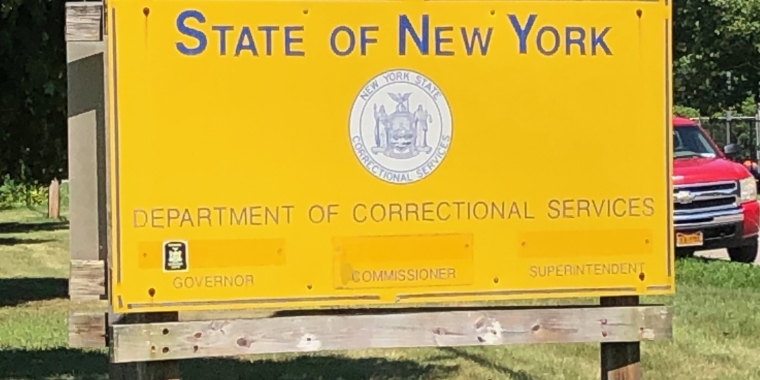
Senator Gallivan Introduces Bill to Provide Oversight of Fertility Clinics
Jim Ranney
January 3, 2022
-
ISSUE:
- infertility
- Families

Senator Patrick M. Gallivan (R-C, Elma) has introduced legislation to establish legal safeguards for people who utilize the services of reproductive tissue banks and holds such agencies accountable for donor background information they provide to families. The bills will help ensure that prospective recipients have access to verified information about a donor’s medical, educational and criminal background in order to make informed decisions.
The first bill (S.7602) is the ‘Donor-Conceived Person Protection Act.’ It would protect recipients by requiring verification of a donor’s medical history, along with information about the donor’s educational background and criminal record. This information is self-reported by the donor and never confirmed.
The bill would also ensure donor-conceived children have a right to obtain medical and other information about donors so that they can make health and life decisions going forward.
The second bill (S.7569) would make it a crime to commit so-called fertility fraud. It would hold reproductive tissue banks, fertility clinics and others accountable for providing false or erroneous information about a donor.
“Reproductive tissue banks and fertility clinics provide individuals and couples the opportunity to become parents, but they need access to accurate information to make these life-changing decisions,” Senator Gallivan said. “Clinics and donors must be accountable for the background information they provide to recipients, so that they can make a fully informed decision. This legislation will require verification of a donor’s medical records and background information as well as full disclosure of such information, verified or not. Those who knowingly violate these rules will be held accountable for providing false information.”
Current policies lack necessary oversight and often leave recipients with insufficient information about potential donors and little or no legal options. In many cases, donors are asked to provide medical and other information, but there is no requirement that the information be verified. Geneticists evaluate the qualifications of a donor on insufficient evidence.
In 1992, Laura and David Gunner of Aurora, New York contracted with a Virginia-based clinic and selected a donor based, in part, on his medical report, which indicated “donor 1558” was healthy and had no history of mental illness. Years later, the Gunner’s son, Steven, was diagnosed with schizophrenia. Despite being loved without measure, his life was filled with unimaginable suffering that included institutionalization, incarceration and homelessness. Steven died of an accidental overdose in May 2020.
The family later learned “donor 1558” had also been diagnosed with schizophrenia. He lived a similarly difficult life and died of an overdose. It was confirmed the donor had been treated for psychiatric disorders as a child and was hospitalized, all prior to becoming a donor.
The Gunners issued the following statement:
“We firmly believed in nurture over nature. No matter how much we loved our son, Steven never had a chance. Our lives are forever changed by an industry that failed to verify the donor’s health and medical history. Without hesitation, Senator Gallivan pledged full support to hold the industry to the highest standard that all donor conceived children deserve.”
“Families like the Gunners have a right to know,” Senator Gallivan said. “Companies that provide these services must ensure accurate medical and background records on their donors.”
Senator Gallivan’s legislation will be considered as part of the 2022 Legislative session.
-30-
related legislation
Share this Article or Press Release
Newsroom
Go to Newsroom


